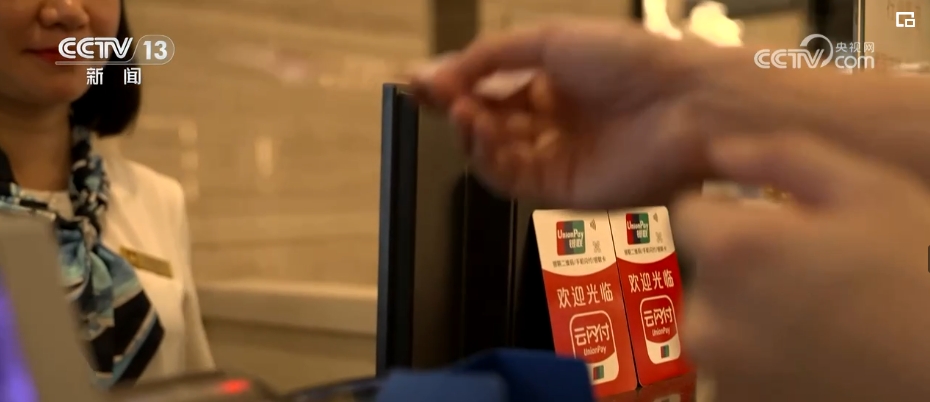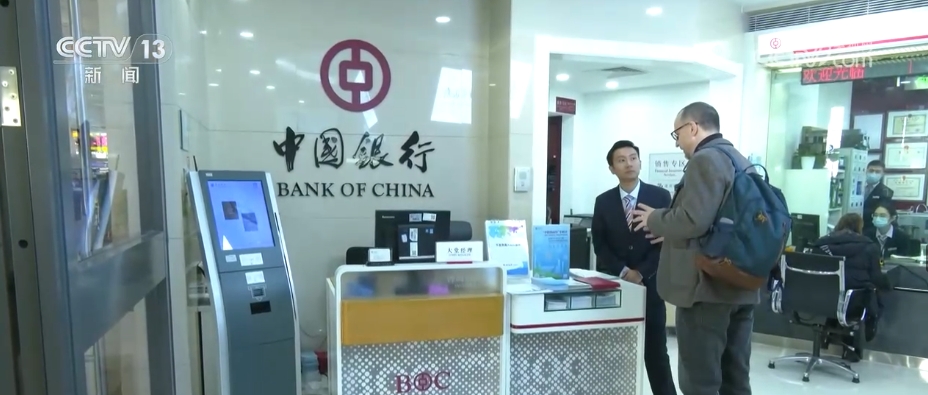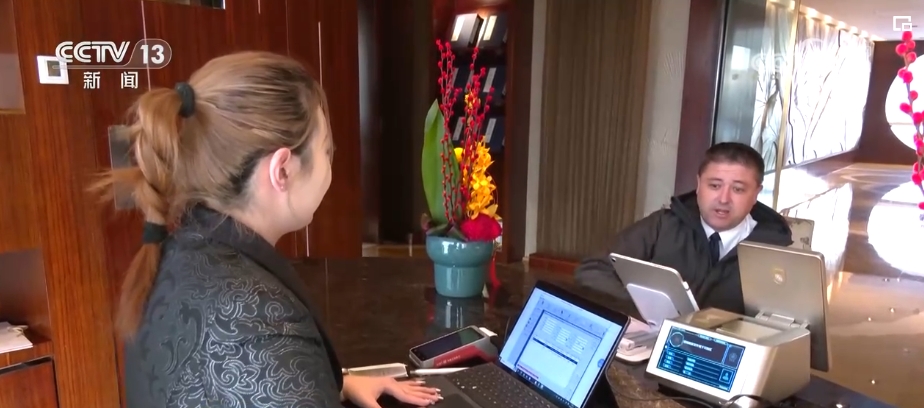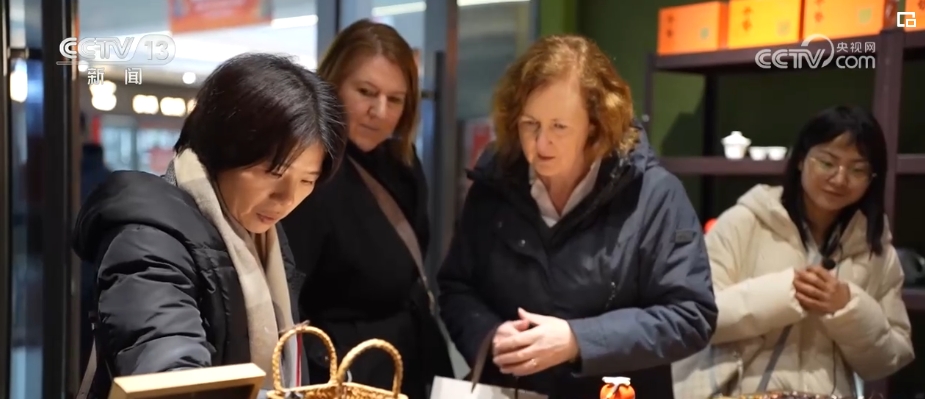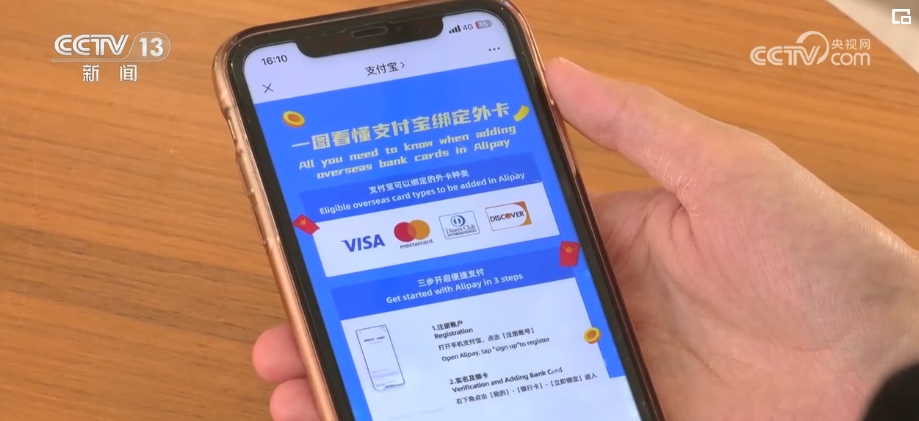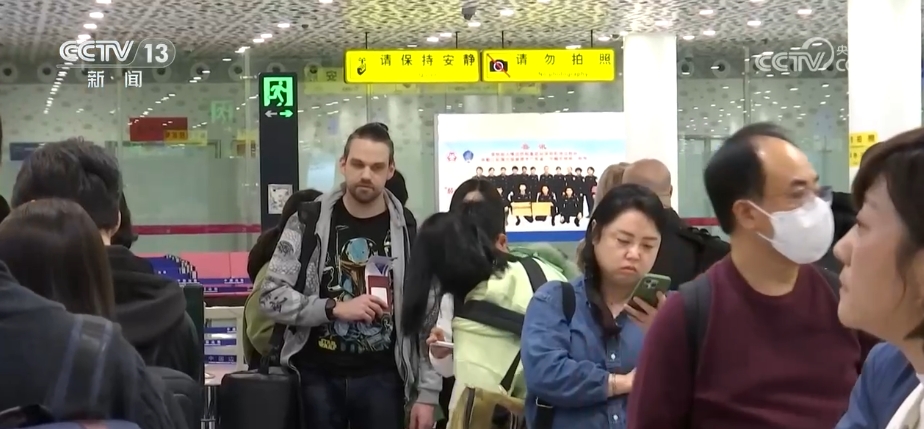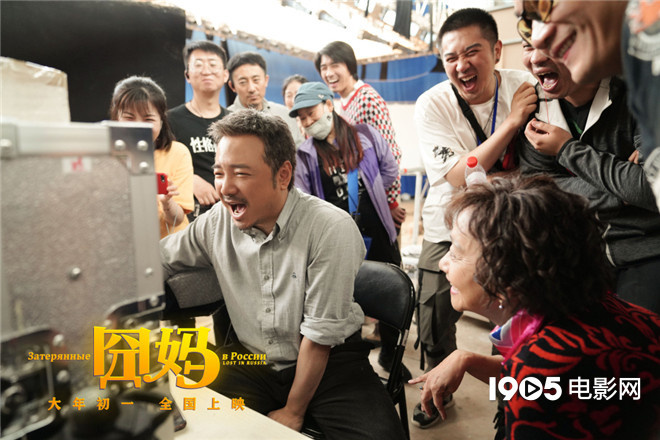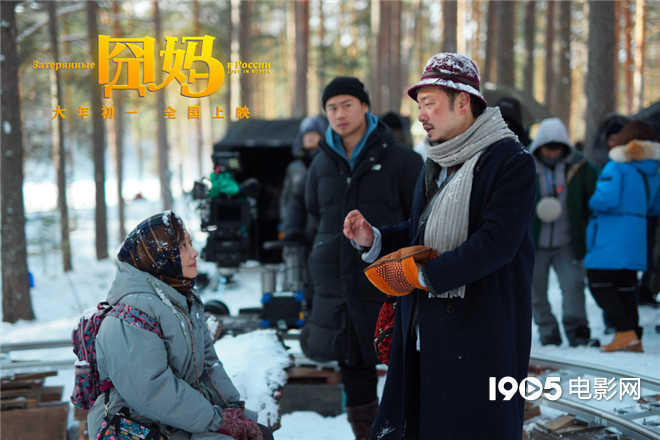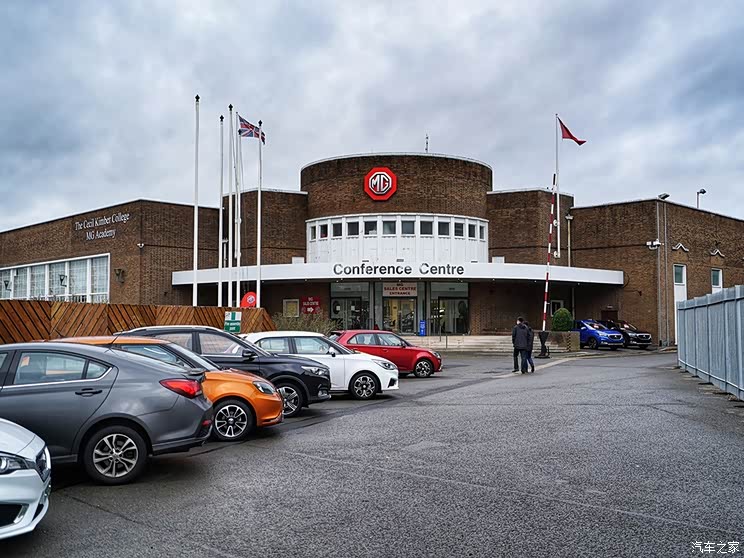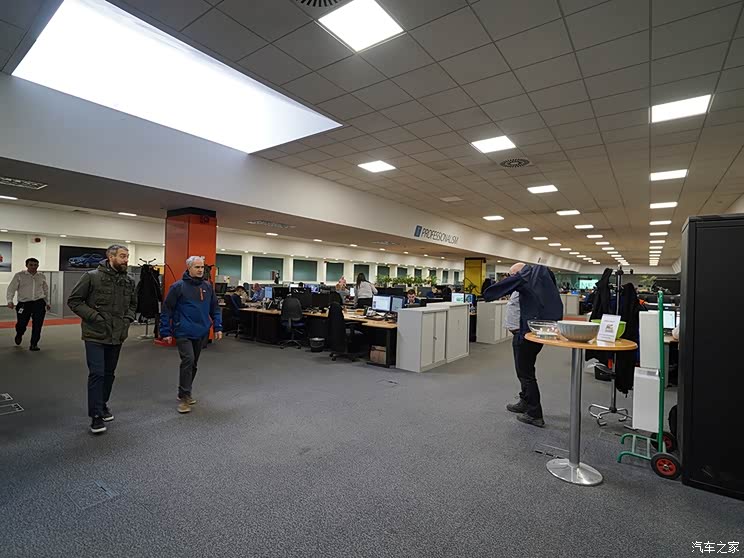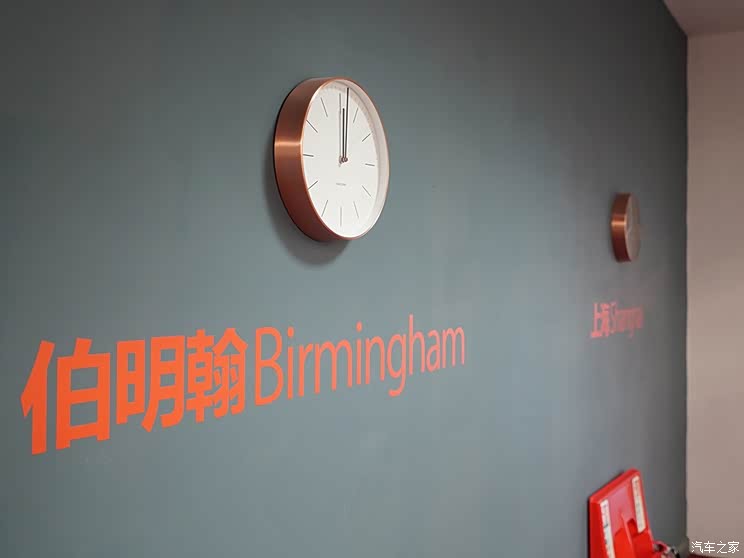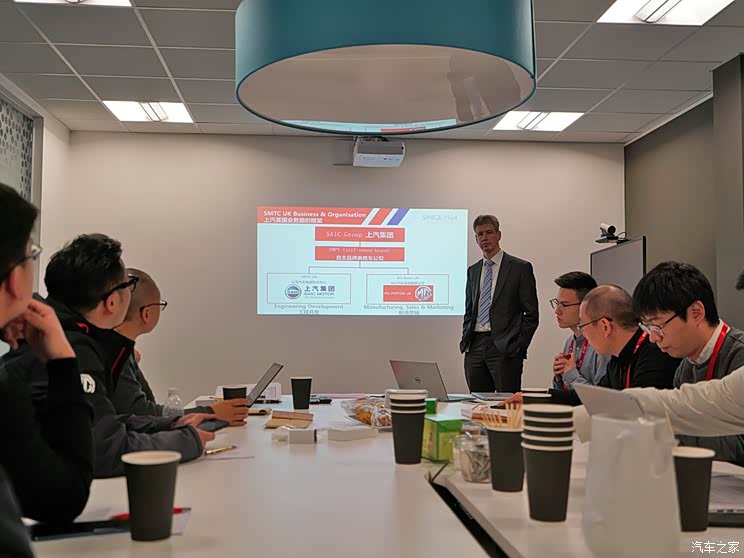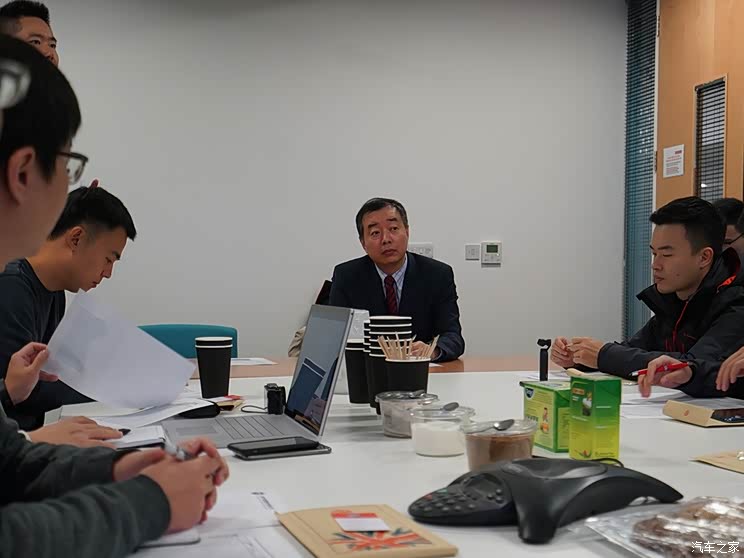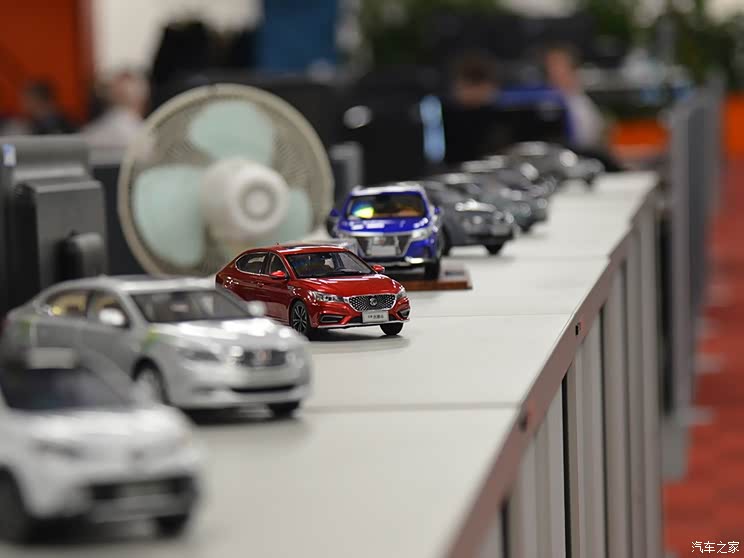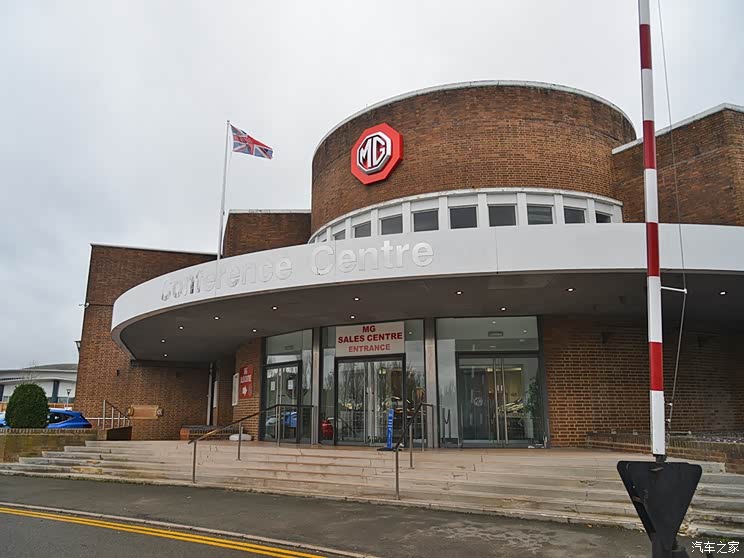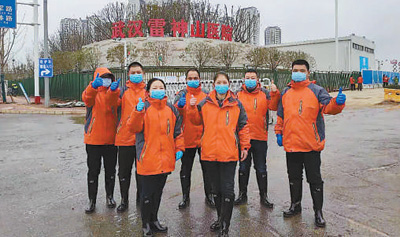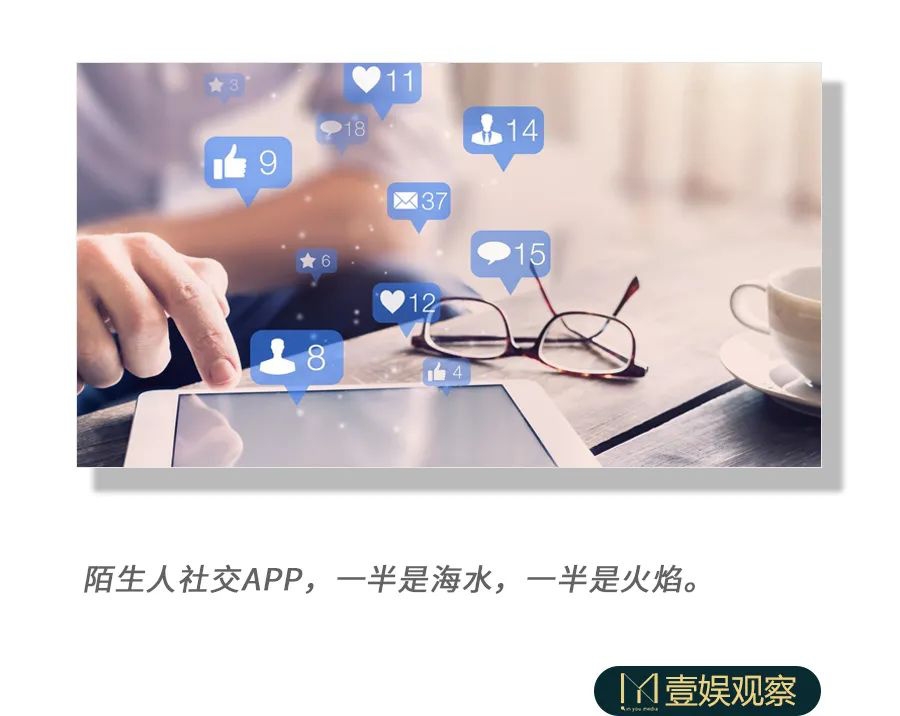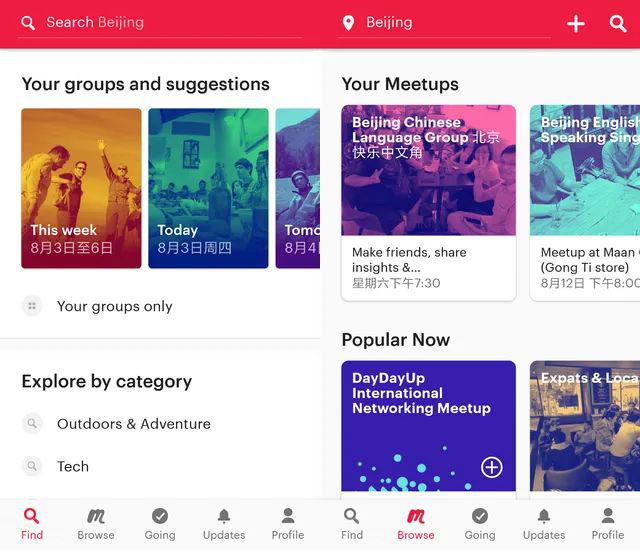Dear parents of big class children:
Hello! In more than two months, your child will bid farewell to the happy kindergarten time, step into the gate of primary school and become a formal first-grade pupil. Are you ready to accompany your child in this time full of longing and expectation? Is there some anxiety and confusion? Today, this letter is specially sent for your confusion, please check it!
In order to accurately understand the actual confusion of parents and friends, Wendeng District Education Bureau conducted a questionnaire survey on young convergence between parents of large classes and primary school teachers, and distributed and recovered 1061 questionnaires to collect parents’ understanding, specific practices, existing puzzles and problems about young convergence; Master primary school teachers’ understanding, understanding and practice of the connection between young and young, as well as the ways and methods of adaptive education for first-grade children.
By combing the questionnaire survey results, it is found that about 70% of parents and friends’ understanding of young cohesion still stays in the knowledge cohesion, and the confused problems mainly focus on two aspects: First, what does young cohesion need? Second, before entering primary school, do you need to learn knowledge and experience such as pinyin and mathematical calculation?


In order to help parents and friends solve their puzzles, this letter will answer your questions from five aspects: "national policy, interview with kindergarten directors, interview with primary school principals, and exchange of experience between outstanding parents in large classes and grade one".

On March 30, 2021, the Guiding Opinions of the Ministry of Education on Vigorously Promoting the Scientific Connection between Kindergartens and Primary Schools, including the Guiding Points of Kindergarten Entrance Preparation Education and the Guiding Points of Primary School Entrance Adaptation Education, further clarified the contents and objectives of the young connection.
School preparation education is a step-by-step process, which should permeate the whole process of three-year nursery education. At the same time, targeted school preparation education should be implemented around the key qualities needed to enter primary school, such as social interaction, self-regulation, rule awareness and dedication. It is necessary to prevent and correct the wrong practice of simply moving the environment, educational content and educational methods of primary schools to kindergartens.
Primary schools should strengthen the awareness of convergence, incorporate the school adaptation education into the first-grade education and teaching plan, and link the education and teaching methods with kindergarten education. School preparation education should pay attention to the organic integration of "physical and mental preparation, life preparation, social preparation and study preparation", and should not unilaterally pursue one or several aspects of preparation, let alone replace comprehensive preparation with advanced learning and intensive training of primary school knowledge and skills. Primary schools strictly implement the exemption from exams and enter the school nearby. It is strictly forbidden to take all kinds of exams, competitions, training results or certificates as the basis for enrollment, and insist on teaching at zero starting point according to the curriculum standards. Off-campus training institutions shall not train preschool children in violation of regulations.
The Law on the Protection of Minors, which came into effect on June 1, 2021, stipulates that kindergartens and off-campus training institutions may not conduct primary school curriculum education for preschool minors.

Liu Yonghong, director of Longgang Experimental Kindergarten, said: What is the connection between young and young? How to do kindergarten?
Question 1: Young convergence, what convergence?
Liu Yuanchang: From kindergarten to primary school, it is an important turning point in children’s life. Kindergarten organically permeates the whole process of kindergarten’s three-year conservation education, helping children to make good preparations in all aspects of body and mind and realize a smooth transition from kindergarten to primary school. So, what is the connection between young and young? The newly promulgated "Guiding Points of Kindergarten Entrance Preparation Education" by the Ministry of Education clearly points out the following four aspects:
The first is physical and mental preparation. Such as: yearning for school, having a good mood, and enjoying sports.
The second is life preparation. Develop good living habits, take care of yourself, participate in labor, and enhance safety protection ability.
The third is social preparation. Will communicate and cooperate, be honest and disciplined, and have a sense of task.
The fourth is study preparation. Curious and inquisitive, with good study habits, strong interest in learning and certain learning ability.
Question 2: What should kindergartens do to connect young children?
Liu Yuanchang: First, yearning-to understand primary school life and gain a positive emotional experience.
When children live and study in a strange environment, there will be fear and anxiety in their hearts. What we have to do is to let children enter primary school with full expectation. We will collect children’s questions about going to primary school, make them into problem cards, and then solve them in a targeted manner. For example, some children want to know if there is a toilet in the classroom. What should they do if they are in a hurry to go to the toilet? What do pupils do after class? What’s in the bag? Wait, according to the requirements of epidemic prevention and control, we will use the way of visiting the primary school or the cloud to help the large class children understand the life and learning environment of the primary school comprehensively and intuitively, and find out the differences between the kindergarten and the primary school; Invite primary school teachers to kindergarten to have face-to-face communication with children; Invite previous graduates to the park to explain the interesting things after attending primary school, so that children can feel the novelty of primary school life.
The second is to cultivate integrity-exercise self-care and cultivate good living habits.
In the early stage, we had many discussions and exchanges with the leaders and teachers of primary schools on the connection between young and young. They pointed out that some children had weak self-care ability and poor habits when they first entered school, pencils and erasers were often lost, and desks and schoolbags were a mess. To solve this problem, we encourage children to do their own things from the beginning of small classes, such as putting on and taking off their clothes, folding quilts, changing shoes and taking meals by themselves; Finished toys should be sorted and stored; Carry out self-care ability competition and small duty student activities. In the late class, we will let children carry small schoolbags, learn to organize school supplies, cultivate their self-care ability and develop good living habits.
The third is to abide by the rules-guide exchanges and cooperation, and enhance the awareness of self-discipline rules.
Through attending classes in primary schools, the teacher pointed out that when they first entered school, some children would not interact with their classmates independently; 40 minutes of classroom teaching can’t sit still; Some students can’t listen to instructions such as class bell, and lack the awareness of rules. In order to solve these problems, we combine the age characteristics and activities of young children, and infiltrate the cultivation of rule consciousness into one-day activities. For example, in the game activities, there are children of mixed age and mixed classes in the same activity area; Handling equipment, playing role games, etc. all need interaction and cooperation to help children learn the correct way of communication and try to solve contradictions and conflicts by themselves. Set prompt music before and after the activity to guide children to learn to listen to instructions. In group activities, children are required to keep correct sitting posture and pen holding posture, listen attentively to others’ speeches and raise their hands to answer questions. Guide children to feel the length of time, guess and experience how long a minute is, what they can do, and plan their recess life. Develop certain rules games to enhance the awareness of rules.
Fourth, studious-stimulate hobbies and improve comprehensive learning ability.
Parents may be more concerned about the convergence of knowledge, but in our investigation with primary school teachers, the conclusion is that the cultivation of learning quality and learning ability is more important. Children are naturally curious and willing to explore. We skillfully use the geographical advantages of kindergartens to lead children into spring and autumn tours in Fengshan Park for observation and practice activities. Combing the key experiences in the field of science in textbooks and applying them to collective teaching and puzzle games; Using construction games, life observation records, etc., mathematical shapes, bodies and numbers are divided, added and subtracted; Through reading picture books, drawing game stories and exploring the wall of game focus, children’s ability to read independently, express freely and write before is cultivated. In the interesting independent game activities, children’s abilities of concentration, imagination, creation and problem-solving are all improved.
Kindergarten has been in action for the young, and there are still three months before entering the primary school in September. I believe that with the joint efforts of kindergarten, primary school and family, our children will definitely pass the critical period of young convergence smoothly and orderly.

Cong Nizi, vice president of Fengshan Primary School, said: What is the campus life in primary schools like? Do children need to learn hanyu pinyin in advance? How do children adapt to the study life in primary schools?
President Cong: Hello, parents and friends. Primary school is the most beautiful and innocent childhood in life. For the children who are about to step into the primary school gate, they are full of curiosity, expectation and yearning; For parents, it is the first watershed in their children’s lives. Now it’s the graduation season of the big class, and we all hope to accompany our children through this young transition period smoothly. So are you and your children ready?
As the saying goes, "Know yourself and know yourself, and fight every battle". In order for children to adapt to primary school life as soon as possible and spend the transition period smoothly, we must first understand the differences between primary schools and kindergartens, so that you and your children can prepare for school in advance. Let’s take a look at these four changes:
Change 1: Changes in the learning environment.
Kindergarten: One-day activities mainly focus on classrooms and outdoor activity areas.
Primary school: classrooms, function rooms and playgrounds are all places for students’ activities.
Change 2: the change of learning form.
Kindergarten: Respect for individuality and give priority to game activities.
Primary school: student-oriented, pleasant learning is the most important.
Change 3: the change of study time.
Kindergarten: there is no strict time limit for class and class.
Primary school: There is a strict work and rest system, and each class lasts for 40 minutes.
Change 4: the change of teacher-student relationship.
Kindergarten: Teachers take care of daily activities like parents.
Primary school: Teachers are more like big friends, teaching knowledge and accompanying growth.
These "four major changes" have higher requirements for children in self-care, self-reliance, self-discipline and self-confidence. Young convergence is not only a two-way link and two-way interaction between kindergartens and primary schools, but also requires the active participation of parents, and the help of home, kindergarten and school can form an indestructible educational synergy. As parents, what should we do?
Give you a trick-counseling instead of anxiety.
First of all, a correct attitude and a correct view of young convergence are the stages when children naturally transition from kindergarten to primary school, so there is no need to be too anxious; Secondly, communicate with the parents of the first-grade students around them, share the parenting experience, and alleviate the personal loss caused by lack of experience; Third, take the initiative to communicate their confusion to the first-grade teachers, read relevant books in their spare time and actively participate in family education lectures organized by the school to continuously enrich their experience. Parents’ mentality is correct, and children’s enrollment can go more smoothly.
Question 2: Do children need to learn Chinese Pinyin in advance?
President Cong: In today’s society, the competition is becoming more and more fierce, and parents don’t want their children to "lose at the starting line". For this sentence, children began to run in various cram schools on weekends and holidays, bearing more and more pressure prematurely and losing their happy childhood.
As we all know, Chinese Pinyin is an important foundation for Chinese learning and an important tool for primary school students to read. Many children haven’t graduated from large classes, and parents have "acted" one after another: signing up for training classes, borrowing Chinese books to teach at home, buying software to learn online, etc., for fear that their children will fall behind other children in school. In fact, I think parents and friends are overly worried.
As you can see, the Chinese textbook compiled by the Ministry has reformed the teaching order of Chinese Pinyin, which is based on Chinese character learning and carried out Pinyin teaching with the help of children’s familiar daily language, thus reducing the learning difficulty; Secondly, since 2013, the Ministry of Education has put forward the "zero starting point" teaching in the first grade of primary school. Schools should strictly follow the curriculum standards and must not set high teaching requirements and speed up teaching progress. Judging from the teaching progress, it takes one and a half months to complete the teaching of Chinese Pinyin at the end of October, which is enough for every student to learn it solidly. If students learn hanyu pinyin in advance, they lose interest in learning in class, but they are far behind other students in active learning and concentration. With the increase of grade and the deepening of the difficulty of learning content, children’s "reserve knowledge" has been used up, so it is difficult to adapt, and there will be problems such as "lack of stamina" in learning.
From the perspective of students’ long-term development, it is unnecessary for parents to enroll their children in various classes. Instead of letting their children learn knowledge in advance, it is better to help them develop good habits.
Give you a trick-habit formation replaces knowledge preparation.
First of all, cultivating children’s good living habits and self-care ability can help children learn to do some simple housework, try to organize their own things, and do their own things to help children develop good living habits; Secondly, improve children’s interpersonal skills, encourage him to dare to express himself, be willing to take the initiative to say hello and chat with children, and not be willful, lose his temper or cry when he is in conflict with good friends; Third, stimulate children’s interest in learning and cultivate good study habits, such as reading parent-child picture books every night and exchanging stories with children, so as to cultivate children’s good study habits such as careful observation, careful listening and good communication; In addition, children can calm down and concentrate on one thing by painting, doing crafts, playing jigsaw puzzles and other activities, which is helpful to cultivate their concentration.
These good habits do not seem to be directly related to the content of primary school learning, but they are important factors affecting learning ability and learning quality.
Question 3: Can children adapt to the study life in primary schools?
President Cong: Before entering the school, the school will focus on June and July to organize the first-year class teacher and backbone teachers to enter the kindergarten, and carry out the "half-day observation of the connection between children and young children" activity to understand the one-day activity curriculum of the kindergarten and the psychological characteristics of the students, and discuss with the kindergarten teachers the setting of the connection curriculum between children and young children to do their homework for the new semester. After students get the admission notice, the school will organize students to observe the campus in advance, get to know new classrooms, new teachers and new students, and the class teacher will educate the students. The school will also organize online or offline parents’ meetings according to the epidemic situation, so that parents can know the school’s educational philosophy in time, master some practical parenting methods, and prepare school supplies for their children. During the school adaptation period in September, the school will follow the children’s psychological characteristics and development laws in terms of management mode, curriculum arrangement and teaching methods, and will try its best to keep some "shadows" of kindergartens to eliminate students’ strangeness in entering school.
If the one-month shift system is implemented, each class will have two teachers, the head teacher and the deputy head teacher; The second is to flexibly adjust the curriculum and carry out a weekly campus regional experience activity to make children familiar with the campus as soon as possible; The third is to use the morning meeting time every day to let the children share the "new discovery of beautiful campus" and feel the difference between the school and the kindergarten, which is also convenient for the class teacher to give psychological counseling to individual students in a targeted manner; The fourth is to advocate the gamification of classroom activities and the interest of knowledge learning, and try to explore the "15+3+20+2" class mode, and arrange small activities of 3 minutes and 2 minutes in learning to improve students’ interest in learning.
As the first educator of children, parents should set an example for their children and change their living habits.
Give you a trick-environmental edification instead of direct transition.
First of all, after graduating from a large class, during the summer vacation, parents who like to stay up late or get up late in the morning should adjust their schedules with their children to help them adapt to the schedule of primary school early; Secondly, set up a fixed learning environment and a study table for children. Parents must put down their mobile phones, pick up books and insist on reading with their children every night. Third, take children around the school during the summer vacation or weekend to get to know the primary school environment in advance, stimulate children’s yearning for primary school, and eliminate the strangeness of entering school.
From kindergarten to primary school, it is not a mountain crossing, but a natural transition and extension of childhood life. The "inadaptability" of children is a normal phenomenon. Parents should not be confused and wait for the flowers to bloom. I believe the baby and accompany the children to grow up together! Come on, dear children, we are waiting for you at the primary school in the golden autumn and the beginning of school!

Chu Teng, a parent of Longgang Experimental Kindergarten, said: What should parents do when they are young?
Question: What should parents do when they are young?
Chu Teng: Young convergence is not only a matter for kindergartens and primary schools, but also the practice of our parents. I mainly do it from three aspects: psychology, life and study, hoping to give you some reference.
First, psychological preparation.
When a child just enters primary school, there must be a process of adaptation. The bad mood of our parents will directly affect the child’s psychology. Therefore, I am not anxious, impatient or nervous, and look at the children’s young connection with a normal heart. In order to let the children meet the new environment with confidence, psychologically guide the children to get ready and stimulate their desire to enter school, in my usual chat with him, I purposefully convey the message, "When you grow up, you will go to primary school. Mom and Dad are so happy. We will soon have a primary school student at home, so happy!" "I will make many new friends after going to primary school." "The playground of the primary school is very big." Let him feel that primary school is really good, and becoming a primary school student is a very proud thing. Let children look forward to the upcoming primary school life.
Second, life is organized.
When children are in kindergarten, teachers will help them in all aspects of their daily life, but when they get to primary school, they need to do their own study and life. I usually pay great attention to my child’s self-care ability to keep his life organized. First of all, cultivate children’s concept of time in their daily lives, and let them know when to do something, such as getting up on time, finishing what they should do on time, and forming the habit of not procrastinating, so as to lay a good foundation for primary school learning. Secondly, I will let him do whatever he can, cultivate his self-care ability and help him develop good living habits. Encourage him to do his own things, undress and fold clothes, put away his toys, make up his bed and clothes, and let his mother serve the children and clear the table, all of which can help him develop the ability of self-service and service to others. In normal life, we should also cultivate his sense of rules. For example, the used items must be put back in their original places, and the code of conduct should be observed in public places. You can’t do whatever you want, and you can’t interrupt others’ conversations at will. Such a sense of rules can better adapt to primary school life. I especially remind everyone that children have developed a good habit in kindergarten, and we must keep it during the summer vacation. The connection of the last month is very important, and the key lies with our parents.
Third, learning has quality.
I also asked my children’s colleagues and friends in the first grade in advance to ask if it is necessary to learn pinyin and other knowledge. They think that interest, habit and ability to learn are more important. Children are naturally curious about new things, and we should protect their curiosity. I often take my child into the park on weekends, guide him to observe animals and plants, encourage him to ask more why, and cultivate his ability to observe, explore and solve problems by himself when I am with him. At ordinary times, I will also pay attention to cultivating children’s concentration. For example, in daily parent-child reading, when telling stories to children, children are required not to play while listening, and they should ask questions at any time when talking, such as "Why is the pig sad?" "Who did this flower of the rainbow help just now?" Or "Guess what will happen next?" This not only cultivates the child’s listening ability, but also cultivates his imagination and memory, enhances his concentration and slowly cultivates his ability to read independently. Often give children some small tasks with multiple instructions, which also helps to exercise their listening ability.
As long as our parents and friends can calm their minds, not be anxious, not blindly follow the trend, and accompany their children attentively, I believe that our children will be able to pass the transition period smoothly and lay a solid foundation for lifelong learning.

Experience sharing of Cong Yuhang’s parents’ practice in Class 5, Grade 1, Fengshan Primary School.
Yu Hang’s mother: In a blink of an eye, my child has been in school for almost a year. I feel worried and anxious yesterday about whether he likes going to school, whether he can adapt to primary school life and so on. After a year’s company, I found that he has changed from an ignorant child to a positive pupil. I am very willing to talk to you about the work of young convergence with my own personal experience, hoping to give some help to the parents of students who are going to primary school.
One is learning cohesion-not blindly following.
When it comes to young convergence, many parents may think that they should learn Chinese Pinyin in advance and enroll in a young convergence class. Some parents may borrow Chinese and math textbooks in their hands early to prepare for a good preview, for fear that their children will not be able to keep up with school. To tell the truth, when Hanghang was about to graduate from the big class, I also had concerns and worries in this respect. Finally, I insisted on not enrolling him in the young transfer class, because, on the one hand, I didn’t want him to have great pressure on his study and entering the primary school. On the other hand, I previewed the textbook knowledge early, and my attention was often distracted in class, and I firmly believed that the teacher would patiently impart the textbook knowledge to the children.
It is more important to develop good habits than to preview textbook knowledge in advance. Today, I want to share with you the cultivation of reading habits: when I was in the big class, I began to try early reading, and I insisted on reading picture books with him every day. I read and listened to some stories, and I read them repeatedly. Later, I found that he could repeat all the stories word for word and tell them to us. After a long time, he gradually became interested in Chinese characters. Sometimes he unconsciously asked you "What is this word?" I also consciously guided him to read Chinese characters. If I took him out to play, I would deliberately read the name of the shop to him. Before going to primary school, he could read about 800 Chinese characters. After school, I insisted on reading with my parents for at least half an hour every night. Hanghang had a certain literacy foundation, so I began to try to read with him. Slowly, we read together, and then he could read independently and carefully.
The second is psychological cohesion-happy companionship.
From kindergarten to primary school, it is a brand-new living environment. Many differences often make it difficult for young children to adapt. First of all, in kindergarten, we will consciously introduce him to the study and life in some primary schools, and take him around the school on weekends to have a look, so that he is full of expectations and yearning for the school; Secondly, in order to let children quickly integrate into the new class and live in harmony with teachers and classmates, I will teach him to be humble, polite, not loud, not grabbing things with classmates, etc. These things seem small, but they are very conducive to creating a friendly atmosphere and enhancing children’s communication skills; In addition, on the way to pick him up from school every day, we will always talk happily about his happy or worried experiences of the day, and consciously help him establish a correct view of right and wrong in the communication, communicate with the teacher in time, and smoothly pass the young and connected stage.
The third is the connection of life-habit formation.
Nowadays, many things of children are arranged by their parents, and their self-care ability is relatively poor. On weekdays, I am more concerned about his sense of organization and compactness, insisting on doing his own things. Starting from washing, dressing and eating in the morning, while cultivating his self-care ability, I will consciously let him know the time and urge him to do things more compactly, such as carrying his schoolbag at school, opening his umbrella when it rains, zipping his coat in winter, etc. These little things need to be exercised little by little; Pack up your books and toys, tidy up the clothes to wear the next day, tidy up your toys and small desks, etc. The enhancement of self-care ability can also make children adapt to primary school life well.
Children’s growth can not be separated from their parents’ companionship and encouragement. Our parents’ mentality is peaceful, and children can successfully pass the transition period. Hanghang has now been able to happily integrate into primary school life. I hope my sharing can help the parents of students who are about to enter the first grade. I also hope that children can develop good habits, successfully complete the transition from children to primary school students and become excellent primary school students.
Dear parents and friends, young convergence is not a short-term behavior of cramming, but a cooperative education of home, garden and school hand in hand! Young convergence is not about learning primary school knowledge in advance, but about scientifically accompanying children to gradually develop good habits and qualities such as life, study and social interaction in their daily life and study, and constantly improve their comprehensive quality. Life is like a marathon, and education cannot be achieved overnight. Parents don’t have to excessively pursue the "initial speed" of their children’s growth, let alone encourage them. The young connection of science must return to the original educational intention of Lide Shuren through the joint efforts of the whole society, including parents, fully respect the law of children’s growth, focus on the needs of children’s lifelong development, take "laying the foundation for children’s all-round development" as the goal, take scientific methods as the path, escort with love, and walk happily and firmly on the road of growing up with children, and live up to the mission! Live up to childhood!










